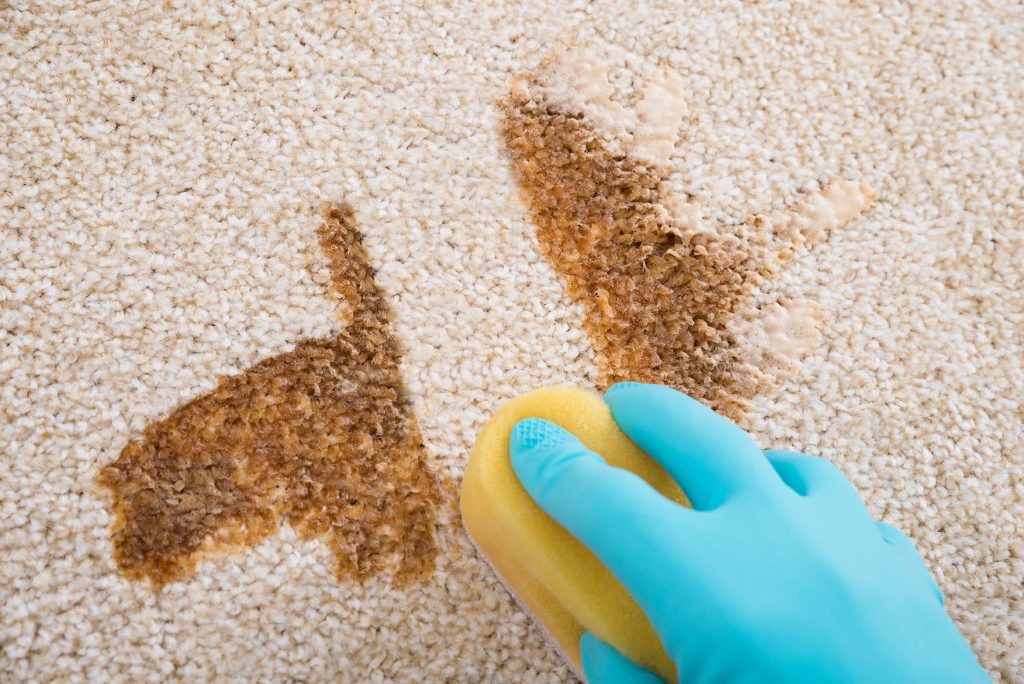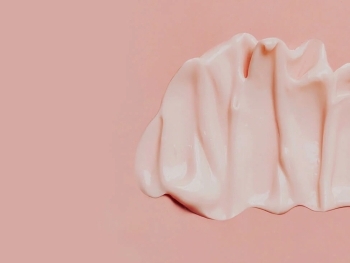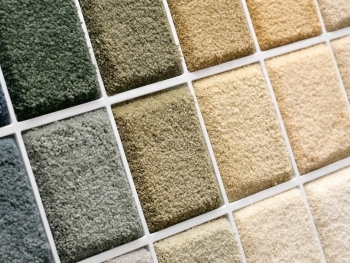Unpleasant odors in carpets can detract from the comfort and cleanliness of your home, leaving you feeling frustrated and embarrassed. However, understanding the science behind carpet odors is the key to effectively eliminating them and preventing their recurrence. In this article, we'll delve into the causes of carpet odors and provide practical tips for eliminating and preventing them, ensuring your carpets stay fresh and inviting.
1. Understanding the Causes of Carpet Odors:
Carpet odors can stem from various sources, including spills, pet accidents, moisture, and microbial growth. Organic materials such as food particles, pet dander, and skin cells can become trapped in carpet fibers, providing a breeding ground for bacteria and fungi. These microorganisms break down organic matter, releasing foul-smelling gases that contribute to unpleasant odors.
2. Effective Odor Elimination Techniques:
To eliminate carpet odors effectively, it's essential to address both the source of the odor and the underlying microbial growth. Begin by thoroughly vacuuming the carpet to remove surface debris and dirt. For localized odors, spot clean the affected area with a mixture of white vinegar and water, which helps neutralize odors and inhibit microbial growth.
3. Utilize Odor-Neutralizing Products:
Odor-neutralizing products can be effective in eliminating stubborn carpet odors and preventing their recurrence. Look for eco-friendly, enzyme-based carpet cleaners specifically formulated to break down organic matter and neutralize odors at the molecular level. These products penetrate deep into carpet fibers, effectively targeting odor-causing bacteria and fungi.
4. Harness the Power of Baking Soda:
Baking soda is a natural and inexpensive odor neutralizer that can be highly effective in freshening up carpets. Simply sprinkle baking soda liberally over the carpet surface, allowing it to sit for at least 30 minutes to absorb odors. Vacuum up the baking soda thoroughly, and you'll be left with noticeably fresher-smelling carpets.
5. Maintain Proper Indoor Humidity Levels:
Excessively high humidity levels can promote microbial growth and exacerbate carpet odors, especially in areas prone to moisture buildup such as basements and bathrooms. Use a dehumidifier to maintain optimal indoor humidity levels (around 30-50%), reducing the risk of mold and mildew growth and preventing musty odors in carpets.
6. Implement Regular Professional Cleanings:
Professional carpet cleanings are essential for removing embedded dirt, debris, and microbial contaminants that contribute to carpet odors. Schedule regular professional cleanings every 12 to 18 months, or more frequently for households with pets or heavy foot traffic. Professional cleaners utilize advanced techniques and equipment to thoroughly clean and sanitize carpets, leaving them fresh and odor-free.
By understanding the science behind carpet odors and implementing effective elimination and prevention strategies, you can ensure that your carpets stay fresh and inviting year-round. Whether it's addressing spills and pet accidents promptly, utilizing odor-neutralizing products, or scheduling regular professional cleanings, taking proactive steps to combat carpet odors will help maintain a clean and healthy living environment for you and your family.




